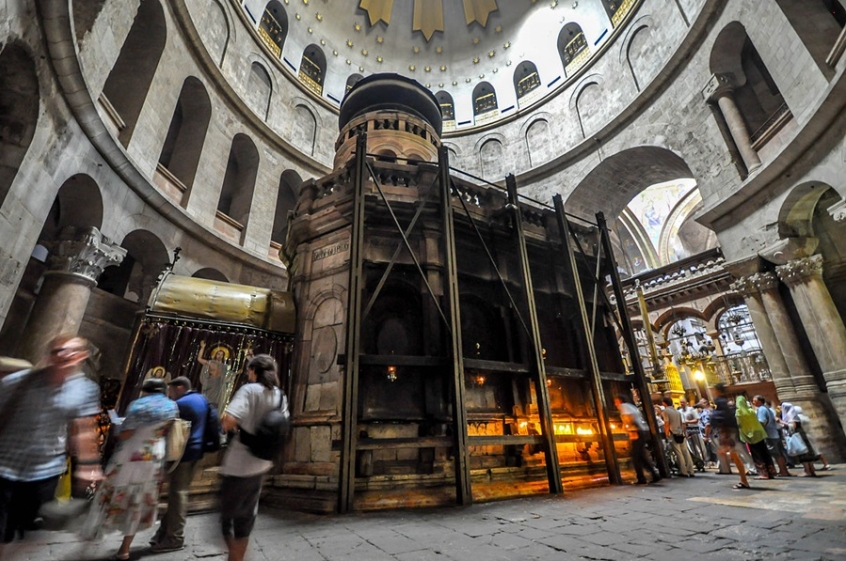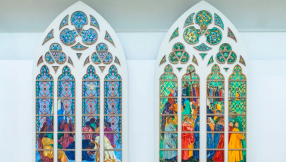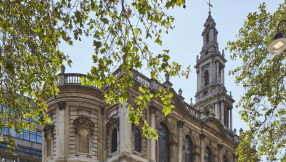As Christian Today has reported, the custodian in charge of the keys to the Church of the Holy Sepulchre has refused to welcome officially the US Vice President Mike Pence when he visits Jerusalem's Old City later this month.
Though it makes sense for a church hotly competed over by rival Christian denominations, it is perhaps relatively unknown that this keyholder to the most important church in Christendom is a Muslim, 53-year-old Adeeb Joudeh.
His family, a prominent Jerusalem clan, was entrusted with the keys centuries ago in an arrangement that, according to Joudeh, dates back to the time of Saladin, the Muslim conqueror who seized the Holy City from the Crusaders in 1187.
'Honestly, it's a great honour for a Muslim to hold the key to the Church of the Holy Sepulchre,' Joudeh told Reuters last month.
Meanwhile, another of the city's oldest Muslim families, the Nusseibehs, was entrusted with the duty of opening and closing the church doors, a task they perform to this day, with the large key, which is is 30 cm (12 inches) long and weighs 250 grams (0.5 pounds).
Researchers differ on the roots of these arrangements. Some historians say Saladin most likely bestowed the guardianship upon the two families in order to assert Muslim dominance over Christianity in the city, and this would certainly fit with the dominant image of the Old City: the Dome of the Rock and the sound of the Muslim call to prayer which frequently drowns out any church bells you might be able to here from various spots in the Old City.

Joudeh told Reuters that his key is about 800 years old. Another copy he holds broke after centuries of use. 'I started learning this when I was eight years old. It's handed down from father to son,' said Joudeh. 'I have been doing this for 30 years and I feel that the Church of the Holy Sepulchre is my second home.'
The Greek Orthodox, Armenian and Catholic denominations share custody of the church, where tensions often run high over control of its various chapels and compartments.
The Christianity scholar Yisca Harani said having Muslim families in charge of the key and the doors helps somewhat in keeping the peace between the denominations. 'The church is definitely a model of co-existence,' Harani told Reuters.
The church, which is visited by hundreds of thousands of pilgrims every year, was identified as the site of Jesus's crucifixion and burial by representatives of the Roman emperor Constantine, in AD 326.













